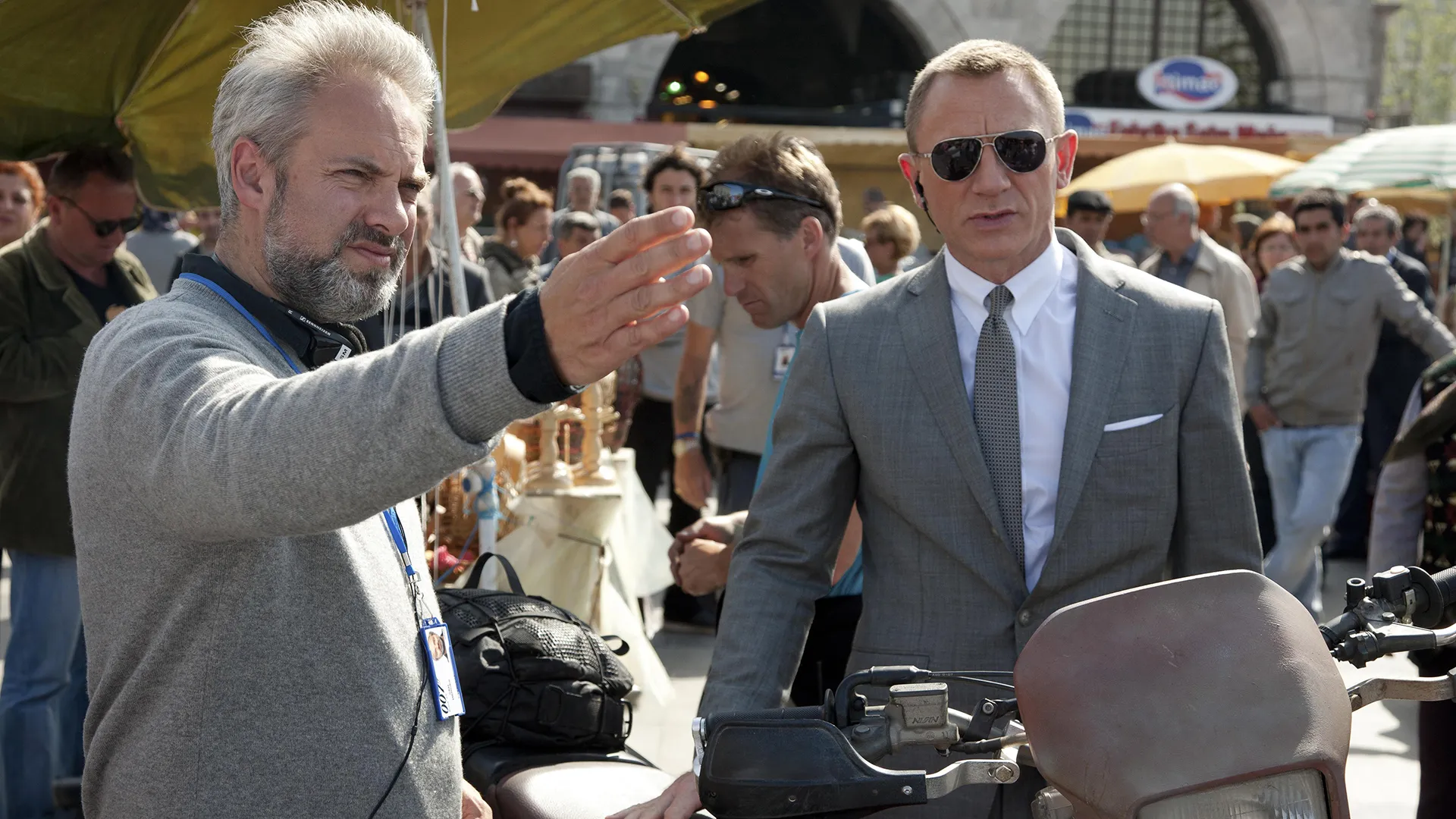The 21st century has ushered in what many consider a golden era of Hollywood, marked by a renaissance of comic book adaptations and a reinvigoration of classic intellectual properties (IPs). Among these, the transformation of the James Bond IP through Daniel Craig’s portrayal stands out as a particularly bold reinvention. Daniel Craig’s era, especially highlighted by his third outing as 007 in Skyfall, reflects a period of unbridled creativity and a shift in the narrative and emotional depth of the franchise.

Skyfall, a cinematic piece directed by Sam Mendes, has often been credited with changing the spy film genre. Unlike previous Bond films characterized by their escapist and almost mythical portrayal of the titular character, Skyfall introduces audiences to a more human, vulnerable James Bond. This shift not only redefines the character but also elevates the emotional stakes of the narrative, making it a landmark in the franchise’s storied history.
Emotional Depth and Cinematic Innovation in Skyfall
One of the film’s strengths lies in its ability to evoke a full spectrum of emotions, from the euphoria of triumph to the despair of loss. This emotional journey is pivotal to the film’s success, as it engages the audience on a deeper level, beyond the surface-level thrill typical of the genre. The film’s climax, marked by the death of Judi Dench’s character ‘M’, serves as a poignant reminder of the mortality of these larger-than-life characters, adding a layer of gravity to the story.

The narrative depth is matched by Mendes’ directorial finesse, which infuses the film with a dark and gritty realism. This approach not only revitalizes the James Bond series but also challenges the conventional boundaries of the spy genre.
Behind the Scenes: The Evolution of Skyfall’s Script
In the initial stages of development, Skyfall underwent numerous script revisions, which significantly influenced the final output. In a revealing interview with The Hollywood Reporter, Sam Mendes shared insights into the script’s evolution, notably discussing an early draft that proposed an unconventional team-up between James Bond and another ‘alpha male’ character. Mendes quickly realized that this dynamic was incompatible with Bond’s solitary nature, stating:

He might have a woman at his side or partner with one along the way, but it didn’t feel right to be paired with another alpha male. [Bond] needs someone to fight against.
This decision to maintain Bond’s lone-wolf persona was crucial in preserving the core traits that have defined the character through the decades.
This choice not only averted a potential misstep but also steered the narrative towards what Mendes describes as an “epic Greek tragedy,” ultimately contributing to Skyfall’s critical and commercial success. Today, the film is celebrated not only as a high point in Daniel Craig’s tenure as James Bond but also as one of the most compelling entries in the entire James Bond series.

Legacy and Impact
Skyfall not only redefined what a James Bond movie could be but also set new standards for storytelling within the spy genre. Its blend of emotional depth, narrative complexity, and innovative direction has ensured its place as a seminal work in modern cinema. As Hollywood continues to evolve and revisit established IPs, Skyfall stands as a testament to the potential of creative reinvention — proving that even the most traditional stories can be transformed with a fresh perspective and a willingness to explore new narrative territories.

